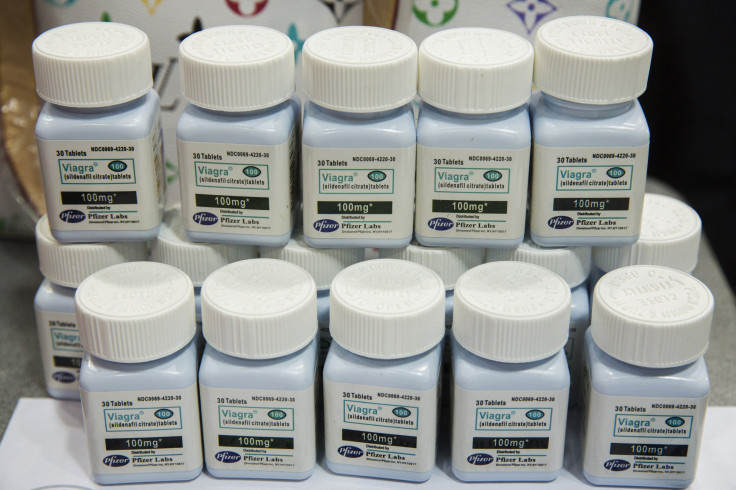Online pharmacies imitate all brand-name drugs in high demand, use brick dust, toxins as fillers

Today, Google search can help consumers easily find cheaper and enticing choices of the world's most popular, in demand prescription medications. But experts caution against the substances used to manufacture those medicines, as the World Health Organisation has reported approximately 50 percent of illegal online pharmacies are selling counterfeit medications.
Among those drugs, the estimates show viagra as the most popular faked drug. A report shows that all of the popular brand-name drugs that are readily available online at discounted prices may contain rat poison, brick dust and toxic chemicals such as paint or inkjet material.
In a 2014 annual report, the National Association of Boards of Pharmacy, or NABP, in the US, found that 96 percent of more than 11,000 online pharmacies they have sampled did not comply with the NABP patient safety and pharmacy practice standards, or state and federal laws. After investigation, the NABP considered those pharmacies as "not recommended" to any patient.
However, the online retailers used to advertise themselves as Canadian to assure the consumers about the source of the drugs. Those Web sites are actually endorsing products made by counterfeiters or fake drug manufacturers all over the world, and the top countries at the counterfeit drug-manufacturing list are India and China.
Estimates show that nearly one million people are dying every year from ingesting counterfeit drugs. John Clark, chief security officer and vice president of global security for Pfizer Pharmaceuticals, said after several counterfeit medications were seized, they have found that all the ingredients such as brick dust and other toxic chemicals were used to manufacture the products.
However, Clark believes that the counterfeiters were not necessarily aiming to kill or poison consumers, but to minimise budget with the cheapest binding agent and maximise their profit.
An anonymous online seller from Pakistan has shared to CNN the process of its market to counterfeit drugs.
"We sell all over the world, to America, Europe, China, Iran and Iraq. All over. But we do not take these medications ourselves, nor do we recommend them to anyone we know, because they are not good quality medications," he said.
The counterfeiter in a nearby Pakistani market said they "prepare whatever is in high demand,” but every drug is actually the same, no matter what they call it. “We put the very same ingredients in all of these capsules, and the very same syrup in all of these bottles. Only the colour is different."
The practice of faking drugs has been so widespread that it is nearly impossible to trace the depth and scope of the fake drug market. Clark said one of the challenges of preventing the counterfeit drug trade is "a lack of universal laws that criminalise counterfeit medicine."
To date, the action against counterfeit drug trade is being handled differently country by country. But to properly work against the illegal industry, Clark suggests global governance on the issue as the existing sentence against counterfeiters varies by country, and can be just as low as a fine and a few days in jail.
Pfizer Pharmaceuticals, according to Clark, is assisting law enforcement to prevent counterfeit Pfizer medicines from reaching patients. The company provides training to authorities in 149 countries, including Pakistan.
The measures have shown signs of success. From 2010 to 2014, Operation Pangea by the International Criminal Police Organisation, or Interpol, has suspended 57,000 illegal online pharmacies and seized more than 30.3 million units of fake medications.
However, the counterfeit drug trade is a growing business. Despite the process of shutting down each website, the same retailer can return with a different URL.
Contact the writer at feedback@ibtimes.com.au or tell us what you think below





















